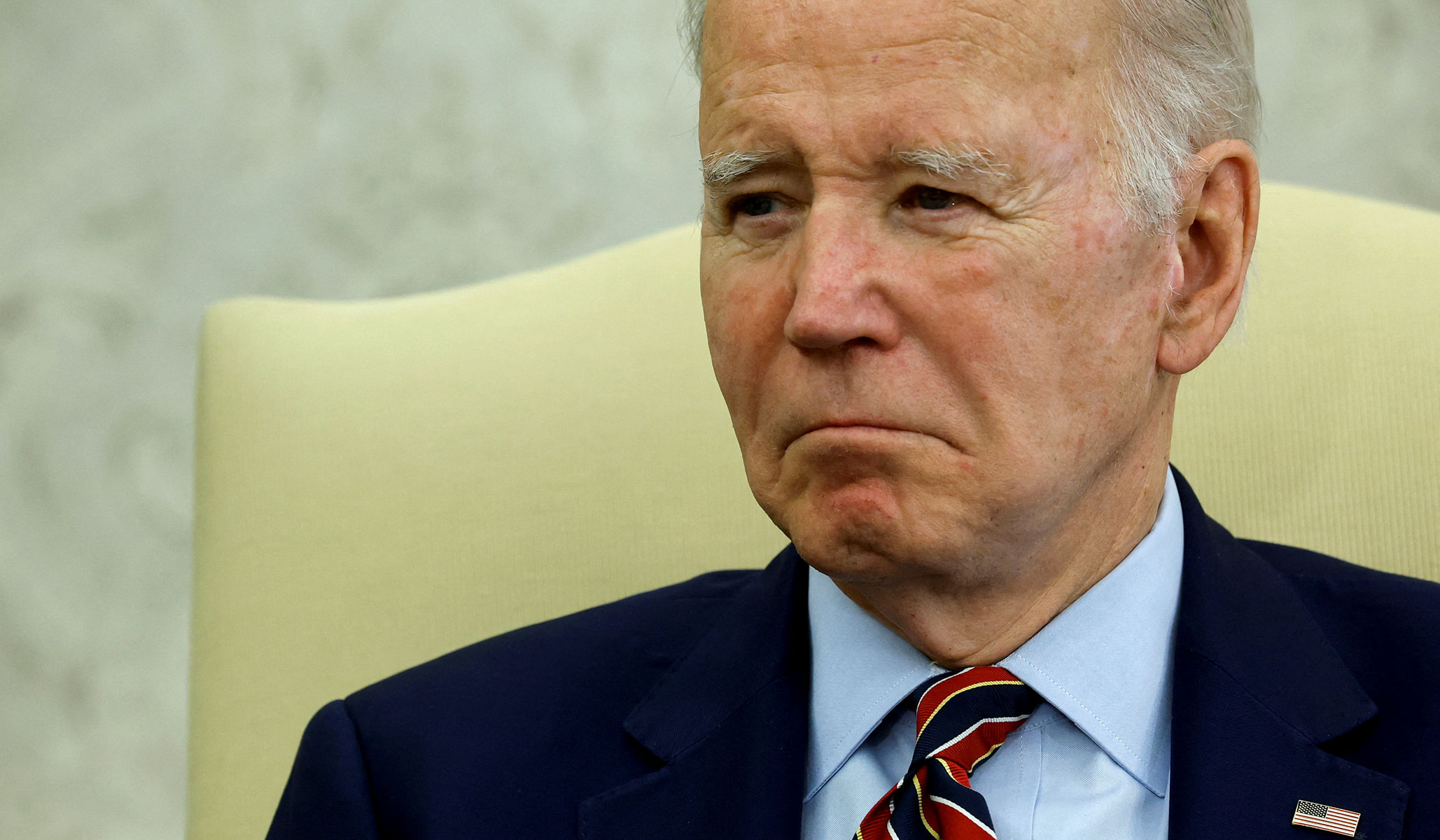


Gary Shapley, an IRS whistleblower, said that the Department of Justice blocked the execution of a search warrant for Biden properties ahead of the 2020 presidential election.
“Between April and June 2020, we drafted an affidavit to execute a search warrant at a couple different locations and the prosecutors at the time stated that probable cause had been achieved but as we moved closer to the election, it just seemed like they kept putting it on the back burner,” Shapley told Fox News anchor Bret Baier Tuesday evening.
“[T]hey didn’t allow us to do that search warrant, even though the legal requirements to execute the search warrant were met,” the 14-year IRS veteran added.
The comments came just hours after the whistleblower spoke with CBS News and reiterated that political bias had compromised the investigation into Hunter Biden’s taxes, which resulted in misdemeanor charges for unpaid taxes in 2017 and 2018.
“We have to make sure as a special agent for IRS Criminal Investigation that we treat every single person exactly the same,” Shapley told the outlet on Tuesday. “And that just simply didn’t happen here.”
The former investigator also explained his puzzlement over the recent plea deal Hunter struck in which he will likely avoid any jail time. “Based on my experience, if this was a small business owner or any other non-connected individual, they would have been charged with felony counts,” Shapley told the outlet.
According to Shapley, the president’s son designated “prostitutes, sex club memberships, travel for the prostitutes, hotel rooms for purported drug dealers, no show employees” as business expense write-offs. he was not charged for those alleged offenses.
On Monday, Speaker Kevin McCarthy (R., Calif.) threatened to open an impeachment investigation into Merrick Garland following accusations that the attorney general throttled the probe into Hunter’s taxes to protect the president’s son.
McCarthy’s comments come after Shapley testified that federal attorney David Weiss, who is overseeing the Biden tax investigation in Delaware, sought permission to charge Hunter with felony tax crimes but was denied by his superiors at the Department of Justice.
“If it comes true what the IRS whistleblower is saying, we’re going to start impeachment inquiries on the attorney general,” McCarthy told Fox News on Monday.
“We need to get to the facts, and that includes reconciling these clear disparities. U.S. Attorney David Weiss must provide answers to the House Judiciary Committee,” the speaker wrote on Twitter Sunday.
Garland sought to downplay the allegations, saying last Friday: “I don’t know how it would be possible for anybody to block him from bringing a prosecution, given that he has this authority.” Weiss “was given complete authority to make all decisions on his own.”
Last Tuesday, Hunter signed a plea deal with the Department of Justice, in what Representative James Comer (R., Ky.) denounced as a “sweetheart plea deal.”
“Let’s be clear: the Department of Justice’s charges against President Biden’s son Hunter reveal a two-tiered system of justice. Hunter Biden is getting away with a slap on the wrist when growing evidence uncovered by the House Oversight Committee reveals the Bidens engaged in a pattern of corruption, influence peddling, and possibly bribery,” the Kentucky Republican wrote in a statement released Tuesday morning.
“These charges against Hunter Biden and sweetheart plea deal have no impact on the Oversight Committee’s investigation. We will not rest until the full extent of President Biden’s involvement in the family’s schemes are revealed.”
The probe into Hunter’s taxes began in 2018. The Washington Post reported in October 2022 – a month before the midterm elections – that both FBI and IRS agents were confident that there was sufficient evidence at the time to indict the president’s son. However, no charges were laid at the time.
In mid April, Shapley, then-an anonymous IRS agent, asked for Congressional protection as a whistleblower in exchange for information concerning a “failure to mitigate clear conflicts of interest in the ultimate disposition of the case.”
A letter, written by his attorney Mark Lytle, argued that the failure to act demonstrated “preferential treatment and politics improperly infecting decisions and protocols that would normally be followed by career law enforcement professionals in similar circumstances if the subject were not politically connected.”
